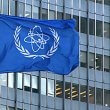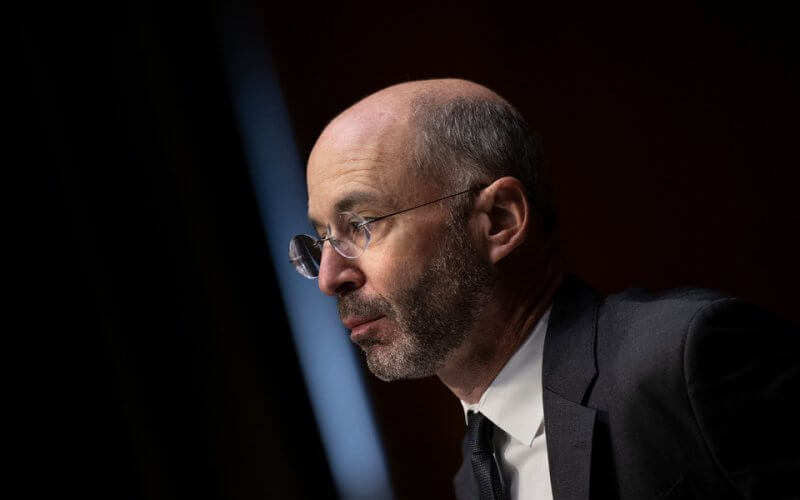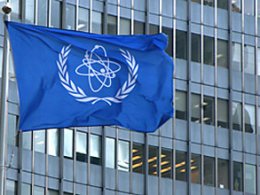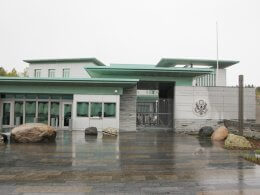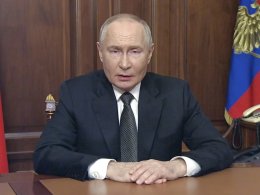A non-governmental organization (NGO) formerly staffed by the Biden administration's special envoy to Iran, Robert Malley, signed an undisclosed agreement with a think-tank directly connected to and controlled by the Islamic Republic of Iran, according to a report by Semafor News.
In 2014, Mohammad Javad Zarif, Iran's Foreign Minister at the time, crafted a new plan to gain global backing for Iran's nuclear program. Zarif's memoir recounts his approach to the International Crisis Group (ICG), a Brussels-based think tank with ties to Washington and other Western hubs. The ICG boasted connections to American legislators, former European diplomats, and corporate leaders on its staff and advisory panels. Zarif elaborated on his efforts to interact with the ICG, confirming that the group incorporated Iran's perspectives into its reports.
Elissa Jobson, the representative of the ICG, said that the initial sharing of its preliminary Rubik's Cube report was with Iran and the five permanent members of the United Nations Security Council along with Germany, commonly referred to as the P5+1, and not vice versa. Over ten years, the strong connections between the two parties facilitated the progress of Tehran's strategic objectives. Iran's incumbent President, Ebrahim Raisi, has sought the support of Crisis Group to aid in addressing the nuclear matter.
Jobson asserted that the institution didn't strive to promote Tehran's strategic standing but aimed to act as a mediator to reconcile the diverse stances of the P5+1 nations. "Though we take the views of all parties to conflict seriously, we do not simply adopt them as our own," she told Semafor News.
In 2016, the ICG entered into a Memorandum of Understanding (MOU) with the Tehran-based Institute for Political and International Studies (IPIS) without disclosing its association with Congress. Jean-Marie Guehenno, the President of ICG, participated in the IPIS international conference on conflict resolution in 2014 and formalized a research and cooperation pact via an MOU in 2016. These actions enhanced Tehran's reputation and advanced its global policy objectives.
In 2018, Robert Malley assumed leadership of ICG, establishing the organization's Middle East and North Africa (MENA) initiative before departing in 2021. ICG did not confirm the current status of its MOU with IPIS but said it has not received funding from the Islamic Republic and maintains transparency regarding its finances.
Malley transitioned from the think-tank to serve as the Biden administration's principal Iran envoy in 2021 but was placed on unpaid leave in 2023 due to an ongoing FBI inquiry over allegedly mishandling of classified information related to Iran. Last year, it was revealed that several associates and aides associated with Malley were affiliated with the IEI. Presently, one IEI member holds a senior position at the Pentagon, prompting concerns from Capitol Hill regarding her purported connections to Iran's government.
Following the Oct. 7 massacre by the Iran-backed terrorist group Hamas, lawmakers in Washington have called on the Biden administration to take a stronger approach against Tehran and its nuclear program by enacting harsh economic sanctions against members of the Iran government, the Revolutionary Guards Corps (IRGC), and its proxies.



